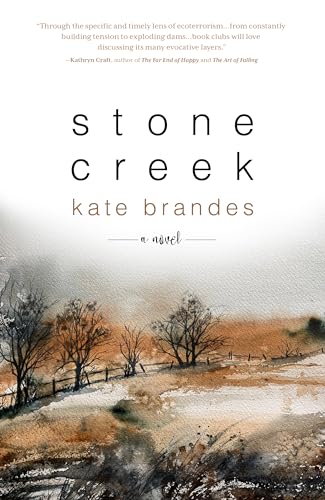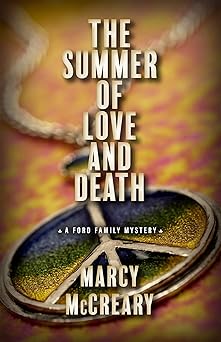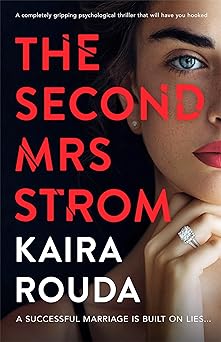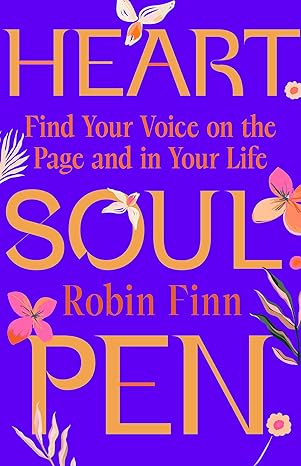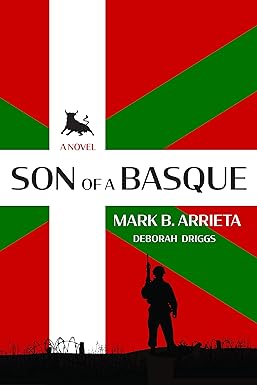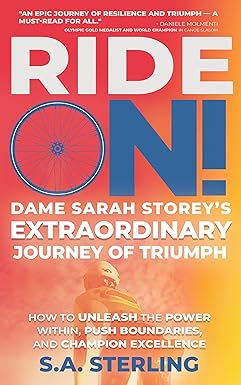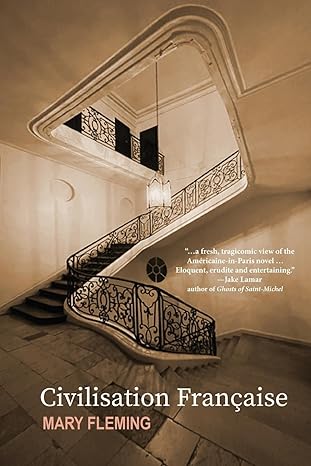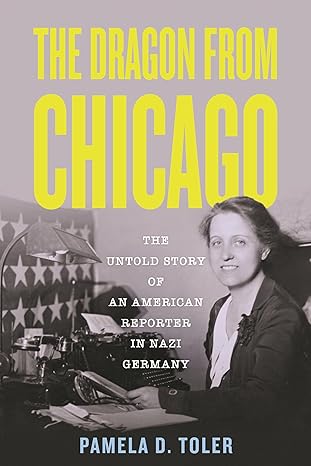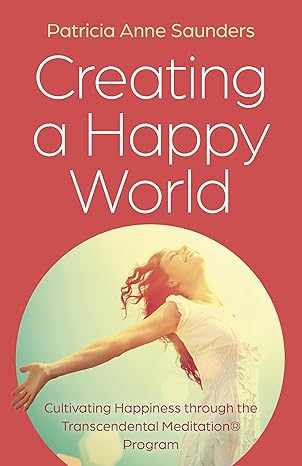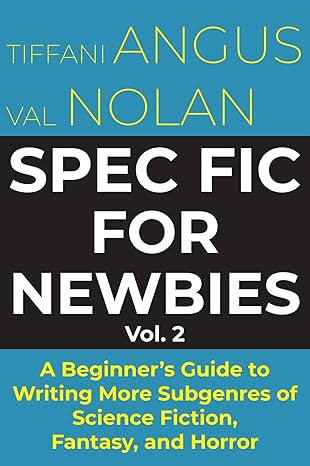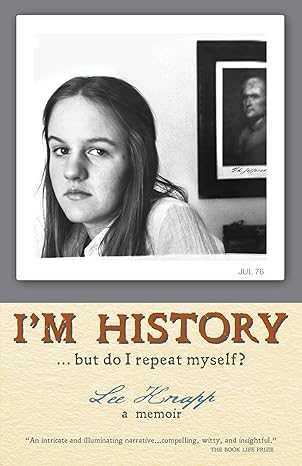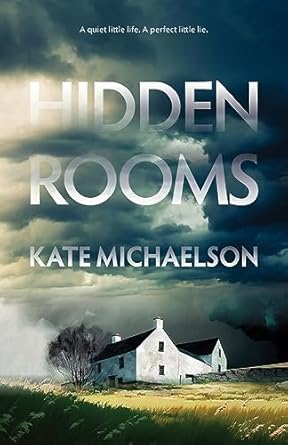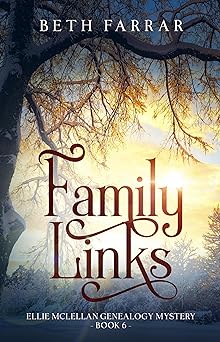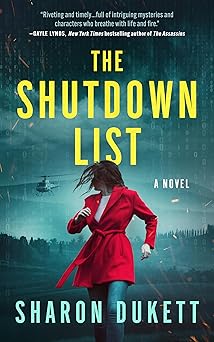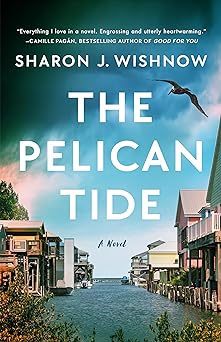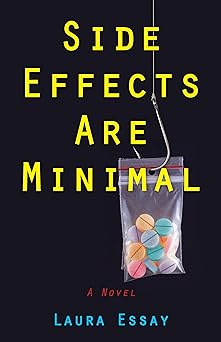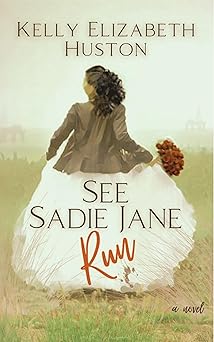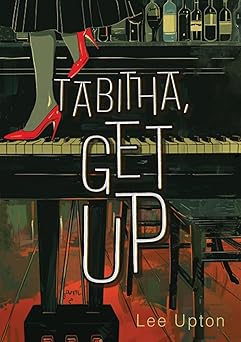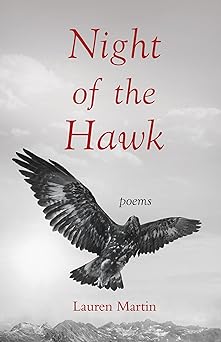By Jean Trounstine
 Although I have never been locked up behind bars, I am connected deeply to those who are. I am connected because I have spent more than thirty years interrogating justice—directing plays in prison, writing books and articles about prison, and working to upend a flawed system.
Although I have never been locked up behind bars, I am connected deeply to those who are. I am connected because I have spent more than thirty years interrogating justice—directing plays in prison, writing books and articles about prison, and working to upend a flawed system.
In 1987, I was the first person in the U.S. to launch a prison Shakespeare program. This experience led to writing Shakespeare Behind Bars: The Power of Drama in a Women’s Prison, which aimed to give voice to those who might need someone shouting for them. Telling the story of women in prison through my ten years of teaching and directing plays felt like a necessity.
Back then, prisoners had not stepped up, as they have today, to state that their voices matter.
By the time I’d heard the call Nothing about us, without us, (first used in the 1990’s by the South African
disability rights movement) I was excited that prisoners and formerly incarcerated people were demanding a place at the table. They wanted to be part of deciding policy that might affect them. They wanted descriptions of prison to include their perspectives. They wanted to tell their own stories. And they were insisting that their voices be heard.
Although impacted people had written brilliant books for many years—Think Soul on Ice by Eldridge Cleaver, MLK’s Letters from Birmingham Jail, and Cervantes’ Don Quixote—more and more articles and books by formerly incarcerated people began to appear. Two of my favorites are A Question of Freedom by Dwayne Betts (2009) which explores a young man’s grappling with violence, freedom, race, and justice as well as Corrections in Ink by Keri Blakinger (2022) about her first-hand battle with addiction. These books enlighten readers in ways that only direct experience can.
However, I would argue that works by authors with direct experience of the system don’t preclude the importance of books by free-world practitioners struggling to change the system. They add to the collection. Where would we be without Just Mercy by Bryan Stevenson, which examines innocence claims and getting people off death row, or Until we Reckon by Danielle Sered which advances the concept of restorative justice as a way to heal harm?
A variety of voices, those from inside and outside prison walls, help us see the whole more clearly. Multiple perspectives help reveal truth.
Important books about prison have come from the imagination of those, who (like me) are incensed with injustice. While more and more of these are by people of color, not all are. Two examples are Falconer by John Cheever and Alias Grace by Margaret Atwood. Cheever suffered from alcoholism and taught in a prison to get his story of an unlikely addict behind bars. But Cheever also writes female characters and gives us prisoners riddled with troubles that are unlike his own. Atwood researched heavily to get her impeccable rendering of the tale of unreliable narrator Grace. And she famously
said about Grace, “If I had known the truth, I probably wouldn’t have written a book.”
Stona Fitch of Concord Free Press, the publisher of Motherlove, my latest book, says “A writer’s job is empathy. And trying to put yourself in anyone’s shoes is part of the challenge of writing characters that aren’t drawn from our own life experience.”
Toni Morrison
once told Charlie Rose, “Yes, I can write about white people; white people can write about Black people. Anything can happen in art. There are no boundaries there.”
I would like to think that’s true, and yet I wonder. It seems to me that today, when lines are drawn, someone else besides the writer is usually drawing them.
Will someone say because I am not a mother, I have no standing to write the stories of mothers? Doubtful. Will I be criticized for writing stories about mothers whose children have killed other teens when I have not had that experience? Doubtful. But because I am not a person of color, and I am white and class-privileged, what might be said about the fact that five of my ten characters are Black, Cambodian, and Dominican?
Certainly, any writer venturing into new territory needs to be sensitive. And considering the history of race in this country and the fact that people of color are not published as often as whites, characters that exist outside the author’s direct experience better be well-drawn. To that end, I made sure to have critical readers for my stories, those whose races matched those of the characters, and I found that very helpful. But equally helpful was having a lawyer vet my stories to make sure I captured all things legal correctly.
A few years back, I was struck by Roxanne Gay’s review of Jodi Picoult’s Small Great Things, a novel that features a Black nurse as a main character, and that examines white supremacy, among other issues. Gay wrote in
The New York Times, “The novel is messy, but so is our racial climate. I give Picoult a lot of credit for trying, and for supporting her attempt with rigorous research, good intentions and an awareness of her fallibility.”
I hope that my experiences in the criminal legal system, my ability to nurture—as well as my good luck at being an aunt, a teacher, a theater artist, and a writer—let me enter the unknown, imagine the lives of others, and bring compassion to my characters.
Which is all any writer can hope for.
—
Jean Trounstine is an author, activist, and educator who has written extensively about the criminal legal system in America. She worked at Framingham Women’s Prison for a decade, where she directed eight plays for prisoners—resulting in her highly praised book,
Shakespeare Behind Bars: The Power of Drama in a Women’s Prison. Her groundbreaking work is considered the first Shakespeare program launched in the U.S.
Trounstine has spoken throughout the world about women in prison, and co-founded the women’s branch of Changing Lives Through Literature (CLTL), an innovative alternative sentencing program. In 2018, she was invited to Italy and awarded the Gramsci International Award for Theatre in Prison for her 30 years of work in literature and theater.
Motherlove is the first work of fiction from Trounstine, author of six other books—from poetry to nonfiction. Motherlove is available for free upon request from Concord Free Press.
MOTHERLOVE
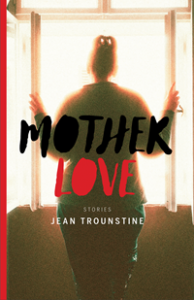 MOTHERLOVE is the powerful short-story collection from Jean Trounstine, an acclaimed writer and social-justice activist with a deep knowledge of the US prison system—and its devastating impact on our communities in Massachusetts and beyond. In MOTHERLOVE, she turns her sharp eye on an often-forgotten group—the mothers of children who kill.
MOTHERLOVE is the powerful short-story collection from Jean Trounstine, an acclaimed writer and social-justice activist with a deep knowledge of the US prison system—and its devastating impact on our communities in Massachusetts and beyond. In MOTHERLOVE, she turns her sharp eye on an often-forgotten group—the mothers of children who kill.
With deft writing and deep empathy, Trounstine explores the stories of ten mothers, each struggling with the aftermath of murder. While fictional, Trounstine’s characters are drawn from her more than thirty years of experience with prisoners and their families, making her stories all the more real and resonant.
BUY HERE
Tags: featured, women writers
Category: On Writing
 Although I have never been locked up behind bars, I am connected deeply to those who are. I am connected because I have spent more than thirty years interrogating justice—directing plays in prison, writing books and articles about prison, and working to upend a flawed system.
Although I have never been locked up behind bars, I am connected deeply to those who are. I am connected because I have spent more than thirty years interrogating justice—directing plays in prison, writing books and articles about prison, and working to upend a flawed system. MOTHERLOVE is the powerful short-story collection from Jean Trounstine, an acclaimed writer and social-justice activist with a deep knowledge of the US prison system—and its devastating impact on our communities in Massachusetts and beyond. In MOTHERLOVE, she turns her sharp eye on an often-forgotten group—the mothers of children who kill.
MOTHERLOVE is the powerful short-story collection from Jean Trounstine, an acclaimed writer and social-justice activist with a deep knowledge of the US prison system—and its devastating impact on our communities in Massachusetts and beyond. In MOTHERLOVE, she turns her sharp eye on an often-forgotten group—the mothers of children who kill.



